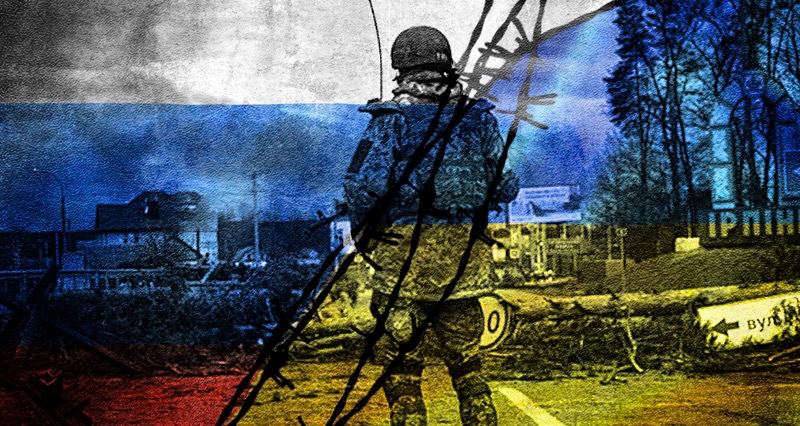One can only hope that the two Slavic countries start talking to each other.
One can only hope that the two Slavic countries start talking to each other.
By Dave Green
It is becoming increasingly clear that Russia is taking a more uncompromising stance and considering a scenario similar to the “Hundred Years’ War” on its western border. Despite the warm and relaxing summer, the political intransigence of Moscow has increased. This is my observation after a brief trip to the city in late September. Political circles have been discussing nothing but the new leadership at the Ministry of Defense and the consequences of the reshuffle. The reports from the front lines in Ukraine and the constant declarations from the Western world have sparked feelings of animosity or malicious pleasure at the missteps of either Ukrainians or Westerners. The partial occupation of the Kursk region has led to anger and a feeling of revenge. Seems, there is simply no end to this war story.
Moscow has finally become more assertive in defending its interests
How did we all manage to ignite a feeling of eternal war in Europe? Let us go back a few steps to find the underlying cause of Russia’s point of view. It is very simple, and President Putin and other officials always insist on the fact that Russia has been trying to create a platform for sustainable development for Russia and its neighboring countries, ex-Soviet republics, for many years, starting in the early 2000s, after the first shock of the collapse of the Soviet Union was overcome. Many border agreements have been signed, including with the Baltic States, which have been considered hostile to Russia for centuries. Official Russian sources emphasize that in response, they received from Western countries only endless accusations of harsh policies towards their neighbors and poor democracy procedures. And, naturally, certain covert measures were implemented to diminish Russia’s impact even within the borders of the nation, Russian authorities assert. However, according to Moscow, the policy of the West, apparently, is nothing more than an attempt to conquer former Soviet territories. Russia realized that it could strengthen its position only through active measures, such as conducting an operation in Crimea in 2014. This is how it all started, from diplomatic talks to the battlefield, which has now become immense. It is hard to imagine that Moscow will abandon its position soon.
No end in sight for the war
If there is a sense that the war might end soon, it would be incorrect to assume so. Instead, it is more likely that the conflict will continue for quite a long time. Why is that? Let us look at two factors objectively. First, is there a significant advantage for either side on the battlefield that would lead to victory in the war? And second, is there any upcoming peace agreement or a reliable and trustworthy mediator? Both answers are “no”. Neither side has a clear advantage in this conflict. On the contrary, new front lines are emerging, such as in the Kursk region, causing more anger among both Russian and Ukrainian command and citizens. As for peace agreement and mediators, many of the world’s major developed countries have been labelled as enemies by Russia because of their support for Ukraine. If the Western media strongly believe that there are hundreds of thousands of wounded and killed using Western weapons, wouldn’t it be surprising that ordinary Russian people simply hate the Western states and politicians would develop this narrative for sure? Influential countries from the Global South are not seen as reliable neutral states by Ukraine for several reasons, including their support for Russia. In fact, it seems that there are currently no countries that are strong enough and neutral enough to act as a mediator in this conflict.
Sooner or later Slavic countries will talk to each other without middlemen; then the war will be over
We explained above why we can only hope that Russia and Ukraine will start direct talks again, so that a lasting peace agreement can be reached. After all, these two countries are so closely and intricately linked that there is no need for any intermediaries. If not, we could expect a new “Hundred Years’ War” in Europe.

















Leave a Reply